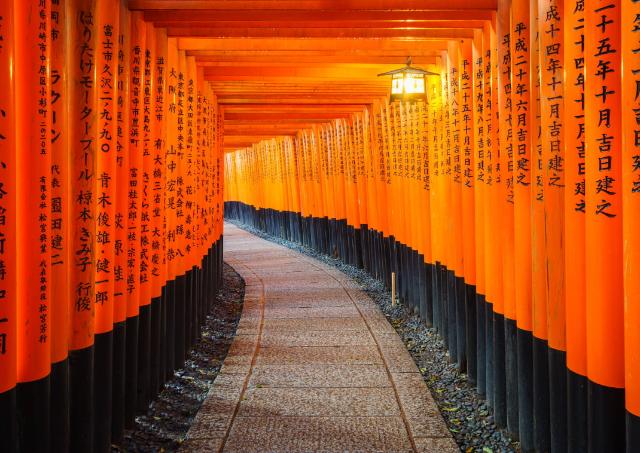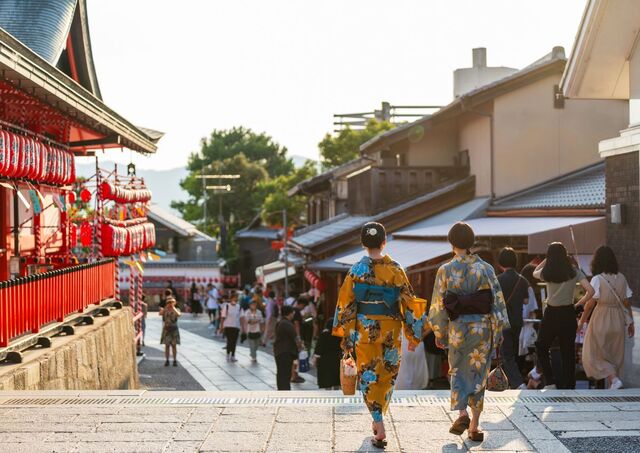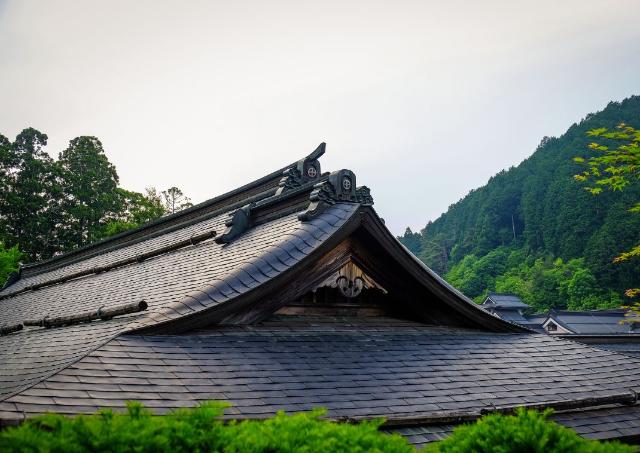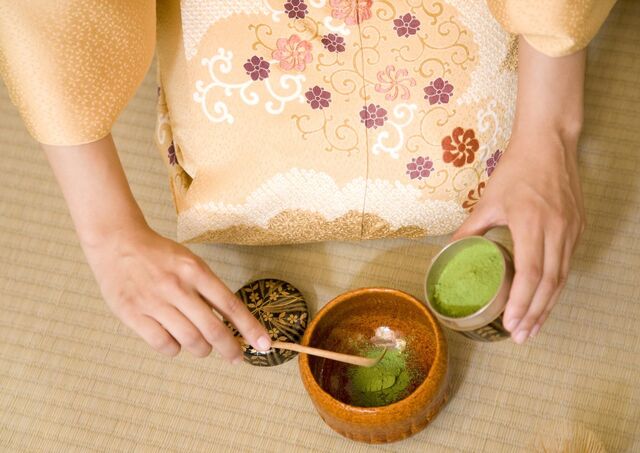Ise: To the Origin of Shinto
Considered the most sacred site of Shinto, Ise is a small city located in the Kansai area. Follow us for a spiritual trip inside a prefecture adorned with luscious nature.
Oharai Machi
Before reaching the main attraction, which is the Naiku of Ise-Jingu, take some time to explore Oharai Machi. This city is located just by the entrance of the sanctuary and is home to many traditional shops selling everything from delicious snacks to trinkets and religious souvenirs, but also many delicious restaurants. Inside Oharai Machi, look for Okage-Yokocho to discover a reconstruction of the streets that were lining Ise-Jingu back in the Meiji period (1868-1912). Of course, some traditional shows are organized regularly to immerse you even more in this traditional Japanese atmosphere.
Ise Jingu
In Mie Prefecture lies one of the most precious religious sites in Japan: Ise-Jingu’s Naiku is said to be the terrestrial home of Amaterasu, the great Goddess linked to the Sun. There’s plenty to discover outside of these local shrines but the Naiku of Ise-Jingu itself is a stunning place.
Get ready to walk quite some kilometers with the 125 shrines scattered all over the complex called Ise-Jingu. First, look for Naiku to pay a visit to the deity Amaterasu. Then, you can head to Geku, 5 kilometers away, to visit the site where the Toyo’uke deity is enshrined. Once part of the main complex, it was moved there 1 500 years ago.
Sengukan
When you’re finished with Geku, you can head to the Sengukan Museum. This museum explores the history of the Shinto sanctuary Ise-Jingu, explaining why all the buildings of Ise-Jingu are destroyed and then rebuilt every 20 years.
This unique technique is aimed at preserving eternally these shrines. On top of this, you will learn about the traditional techniques used in this reconstruction, a great chance to get a sneak peek at an only-in-Japan tradition and get a wider understanding of the Shinto religion.
Meoto Iwa
We’re not finished with our spiritual endeavors! Let’s go to Meoto Iwa. Here, we can find two rocks, two very important rocks. These are said to be married and are called Otoko-Iwa and Onna-Iwa, they’re symbols of the male entity and the female entity, and are visited by a lot of couples as they’re also reputed a symbol of the joy of a couple as well as fertility.
Also connected to Shinto spirituality, this visit is perfect for both curious about local religious rites and photography lovers - as the rocks are especially photogenic. Linked by a rope, Otoko-Iwa and Onna-Iwa offer a unique chance to get a picture of the sun rising between them around the summer solstice.
Nonetheless, they’re beautiful all year round and should be on your bucket list when visiting Mie.
Mie Prefectural Art Museum
Our next stop is on the art side: let’s head to Tsu city, and visit Mie’s Prefectural Art Museum! This art museum is particularly reputed for its quality and the variety of the pieces of art displayed inside the museum. Discover local artists but also French or Spanish masters in this museum located in Tsu city. Showcasing great pieces of art, Mie Prefectural Art Museum also focuses on the processes that some artists use to create incredible art.
As much as Mie is deeply spiritual, the food and nature are also incredible. Are you curious about what Mie has to offer? Book an online consultation with one of our guides to create a personalized Mie tour! We only scratched the surface of Mie’s wonders today, there are many more to discover.




